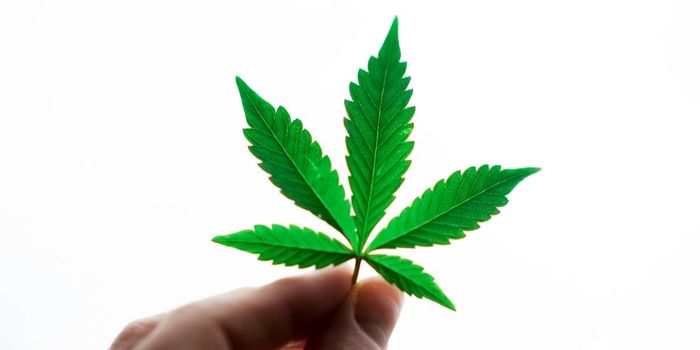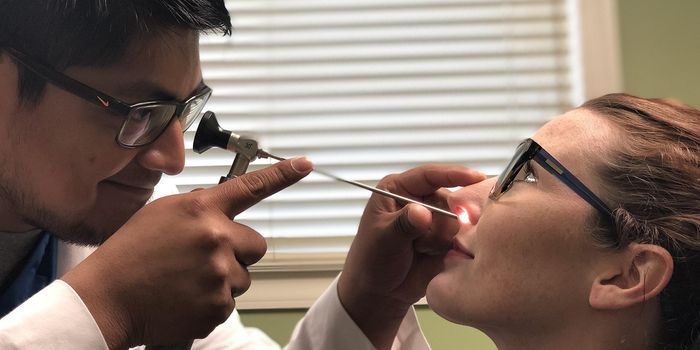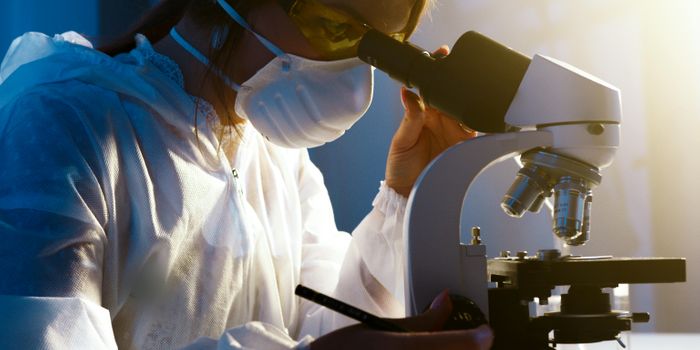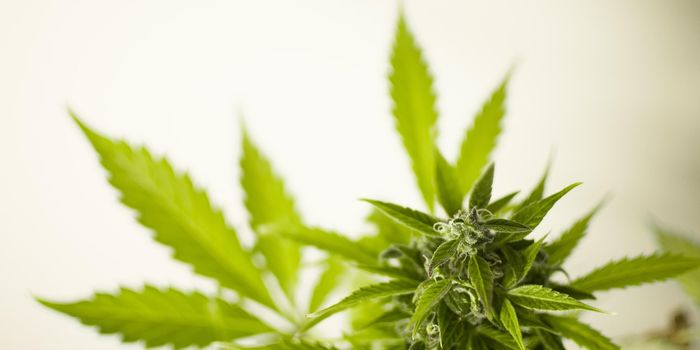Various Cannabinoids Known to Date, And What They Do
 Scientists have discovered more than 100 cannabinoids in the cannabis plant to date. While the functions of some of these cannabinoids have been identified, others are still being researched. Here are some of the ones most well-known and studied:
Scientists have discovered more than 100 cannabinoids in the cannabis plant to date. While the functions of some of these cannabinoids have been identified, others are still being researched. Here are some of the ones most well-known and studied:
Tetrahydrocannabinol (THC): THC is by far the most well known and primary cannabinoid in the plant, responsible for the high that users feel after consumption. THC is also associated with pain relief, anti-nausea, and anti-inflammation in users.
(Tetrahydrocannabinolic Acid): THCA is the non-psychoactive precursor to THC, and it's found in the raw cannabis plant (and is the primary cannabinoid found in the THCa flower). THCA has anti-inflammatory and neuroprotective effects and can also aid in the reduction of nausea and appetite loss.
Cannabidiol (CBD): CBD is the second most known, non-psychoactive cannabinoid, widely associated with calming, anti-anxiety, and chronic pain-relieving effects. Other benefits include analgesic, anxiolytic, and antipsychotic properties. CBD is also used as a treatment for epilepsy in children.
Cannabinol (CBN): Often confused with CBD, CBN is a non-psychoactive cannabinoid that is made by a degradation of THC. CBN is very popular as a sedative and sleep aid.
Cannabigerol (CBG): Similar to CBD and CBN in that it is non-psychoactive, CBG is associated with helping to treat glaucoma and IBS. Researchers believe that CBG may also contain antibacterial and anti-cancer properties.
Cannabichromene (CBC): CBC, also non-psychoactive, is also associated with anti-inflammatory, analgesic, and possibly anti-depressant benefits.
Tetrahydrocannabivarin (THCV): THCV is believed to have appetite-suppressant and anti-convulsing effects.
Cannabidivarin (CBDV): CBDV is also non-psychoactive, and researchers are studying the cannabinoid for also helping to treat epilepsy.
Other lesser known cannabinoids, currently under research include Cannabicyclol (CBL), produced from CBC; Cannabitriol (CBT), produced from THC; and Cannabielsoin (CBE), also produced from CBC. However, all three of these cannabinoids are considered minor, and their effects are not yet determined.
While these are the general effects of the above cannabinoids, actual effects can vary depending on the user, their tolerance level, and body chemistry. Furthermore, the concentration level of each cannabinoid in the plant is unique to any given strain, as well and the cultivation and extraction methods used.
Sources: NCCIH, International Journal of Molecular Sciences, Neuropsychiatric Disease and Treatment








